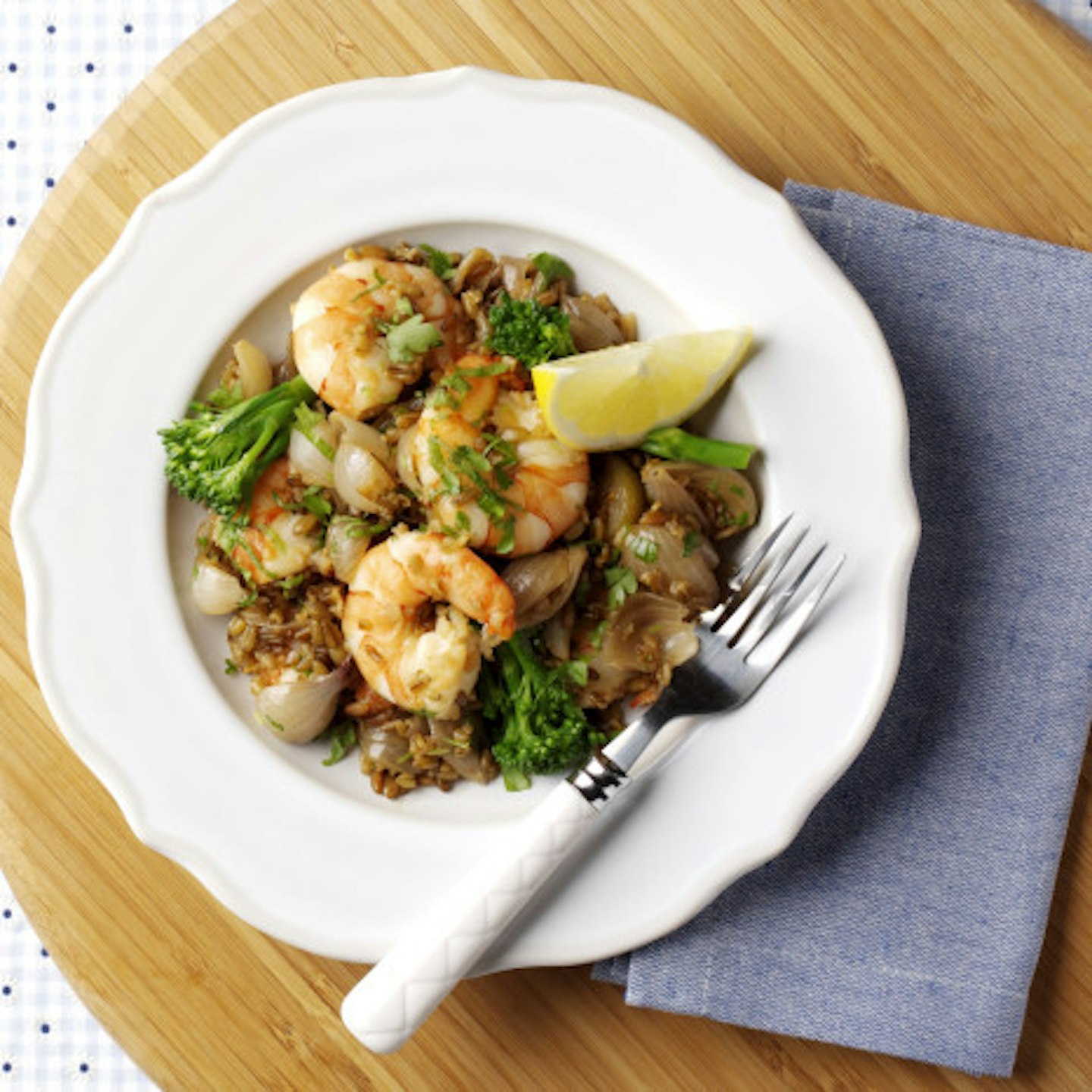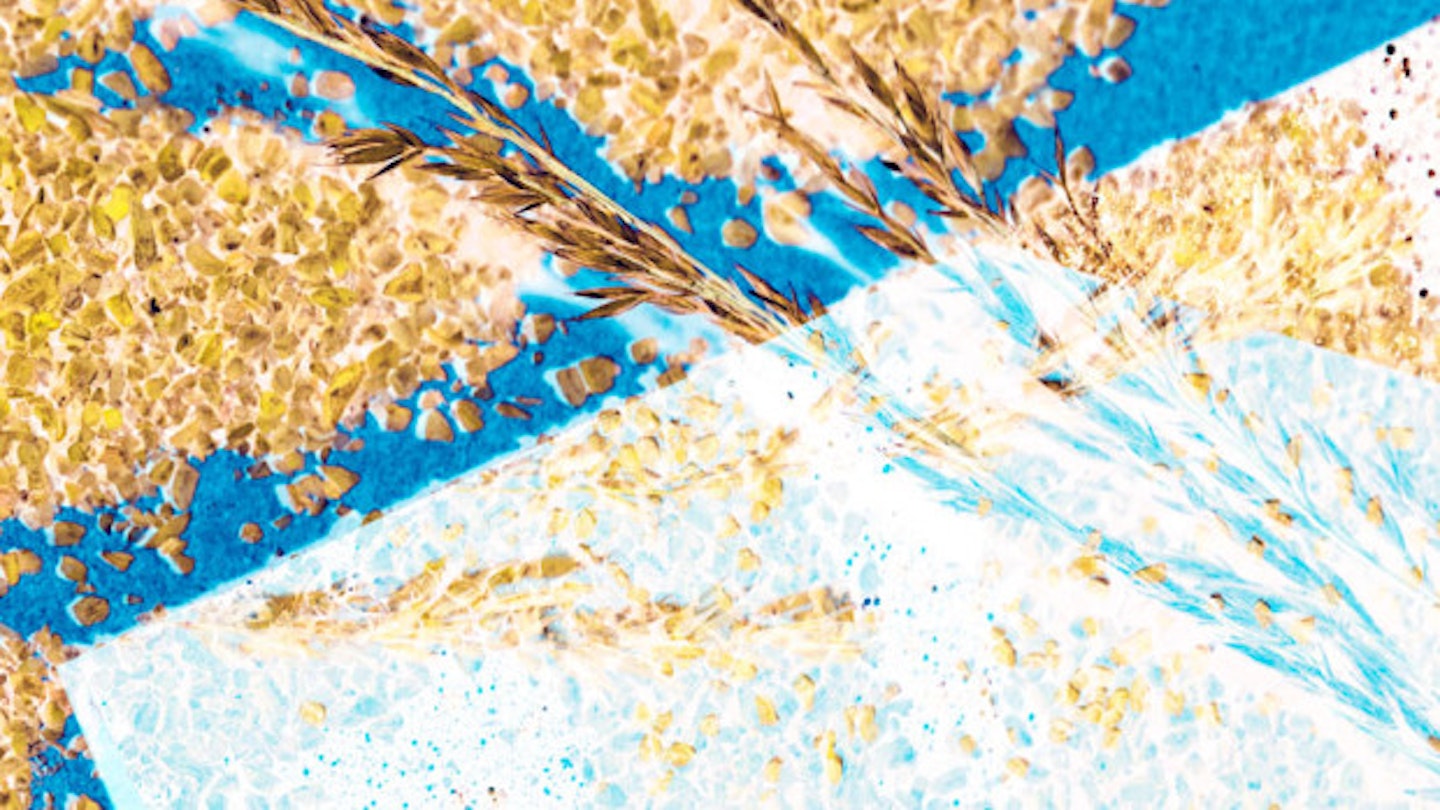Bored of bulgar wheat and sick of quinoa? Keep your eyes peeled for freekeh – the newest grain (it's actually ancient but you know how us middle class Western foodies love to jump on a trend) to get health nuts and food-lover (aka; you) in a tizz. We spoke to Sam Jacobi from Artisan Grains about how the hell you're meant to go about jumping on the freekeh bandwagon.
First up – what is freekeh?
Freekeh is the newest supergrain hitting supermarket shelves. Freekeh is made by harvesting young green grains of wheat at their nutritional peak, parching, then toasting them. This gives it a nutty, slightly smoky taste. Freekeh fact: The Arabic name for freekeh translates as ‘to rub’ referring to the final process by which freekeh has the char rubbed off after toasting.
Why are people suddenly jumping on the freekeh bandwagon now? Is there a celeb getting all excited about it?
America has been excited about freekeh for a while Dr Oz, a cardiothoracic surgeon and popular TV medical expert lauded it as a superfood and it’s featured on Oprah. Here in the UK, Yotam Ottolenghi has declared he is ‘addicted’ to freekeh and Jamie Oilver is also a fan.
I know people got all up in arms about quinoa consumption being troublesome for Bolivian farmers – are we OK to eat freekeh without harming Middle Eastern farmers?
Freekeh has its origins in the Middle East but the most widely available freekeh in the UK is “Greenwheat Freekeh” which is grown in Australia. There they use a closely guarded secret process which keeps the quality and consistency high. Greenwheat Freekeh has many benefits for the farming industry in Australia. Earlier harvesting creates less risk for farmers because of temperate weather conditions meaning they avoid the risk of substantial loss of crops. It’s also economically viable, using less chemicals than other crops which also means it’s more natural and environmentally friendly.
Nice one! What health benefits does it have?
Freekeh is packed full of goodness! It has more protein per 100g than a boiled egg and four times the fibre of brown rice. It also is Low GI which means it can help control blood-sugar level. It’s also been shown to have prebiotic properties meaning it can help with digestion and it is a rich source of Calcium, Iron, Potassium, Magnesium and Zinc.
**Serious stuff out of the way, how the hell am I meant to cook it? Is it a couscous simmering situation or a rice boiling type one? **
Cooking freekeh is really easy. Pour your freekeh into a saucepan and add 500ml of water per 100g of freekeh. Stir and bring to the boil. Reduce heat and simmer for 15-20 mins. Drain any excess water. Feel free to use hot or allow it to cool and make into a salad or stuffing. Insider tip: While freekeh has a great, slightly smoky flavour on its own we like to cook to add a little stock and a tbsp of olive oil to our cooking water to pack an extra flavour punch.
What sort of food does it go well with?
Traditionally in Middle Eastern dishes it would be eaten with meat (chicken or lamb) but it also makes a tasty alternative to rice and couscous and a brilliant base for salads instead of quinoa or bulgur wheat.
Could you suggest a recipe to use it in?
Sure, we love this freekeh, prawn, tenderstem and shallot salad, great for supper and in a lunch box the next day.

Serves: 2
Preparation time: 10 minutes
Cooking time: 20 minutes
Ingredients
150g freekeh
1tbsp butter
8 shallots, peeled and quartered
200ml vegetable stock
200g tenderstem broccoli
150g cooked tiger or king prawns
Handful fresh parsley, roughly chopped
1 lemon
Method
Cook’s tip: Delicious served with a spoonful of natural yoghurt or crème fraiche and a sprinkle of toasted pine nuts.
You can pick up Artisan Grain's packs of freekeh in Tesco stores nationwide now RRP £1.49 per 200g pack.
Follow Jess on Twitter @jess_commons
This article originally appeared on The Debrief.
